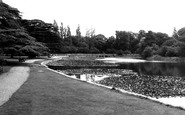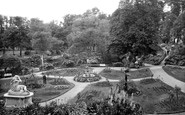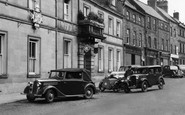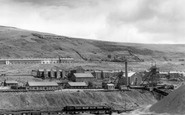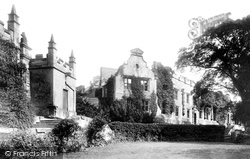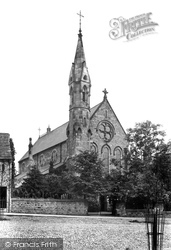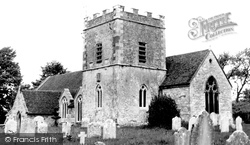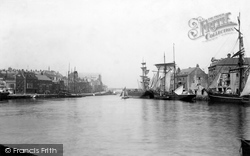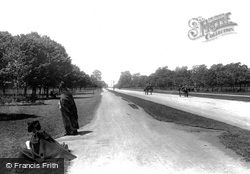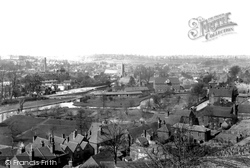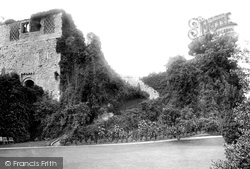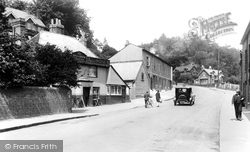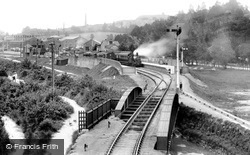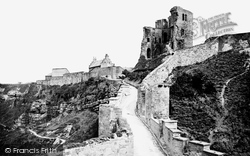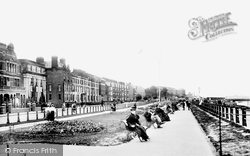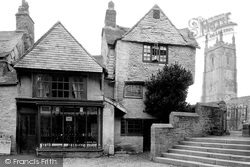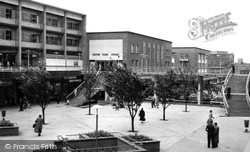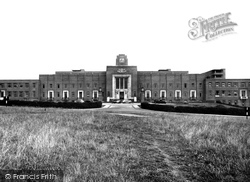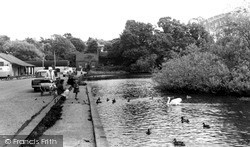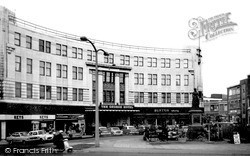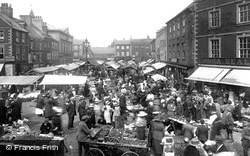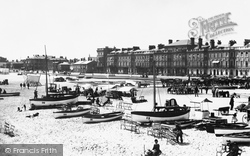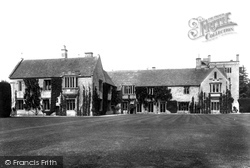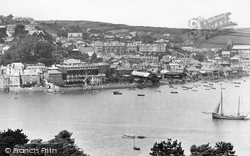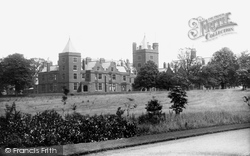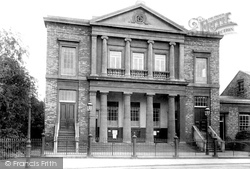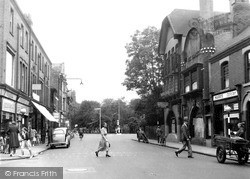Places
18 places found.
Those places high-lighted have photos. All locations may have maps, books and memories.
- Hythe, Kent
- Hythe, Hampshire
- Small Hythe, Kent
- Bablock Hythe, Oxfordshire
- Methwold Hythe, Norfolk
- Hythe, Somerset
- Hythe, Surrey
- Hythe End, Berkshire
- The Hythe, Essex
- Egham Hythe, Surrey
- West Hythe, Kent
- New Hythe, Kent
- Broad Street, Kent (near Hythe)
- Horn Street, Kent (near Hythe)
- Newbarn, Kent (near Hythe)
- Newington, Kent (near Hythe)
- Broad Street, Kent (near Hythe)
- Stone Hill, Kent (near Hythe)
Photos
360 photos found. Showing results 1,421 to 360.
Maps
101 maps found.
Books
10 books found. Showing results 1,705 to 10.
Memories
4,406 memories found. Showing results 711 to 720.
A Yokels Tale
A Personal Recollection of growing up during the last days of the pedestrian era in rural England by Tom Thornton A Yokel's Tale My earliest recollection of my Thornton grandparents, Alice and Tom, dates back to my pre-school ...Read more
A memory of Owslebury in 1941 by
Further Afield
Osterley Park became within striking distance of my Hounslow home once I had a bike and from about the age of 12 (1960) would cycle there with a school friend with our bottles of pop and jam sandwiches, to roam the grounds and ...Read more
A memory of Hounslow in 1960 by
Winlaton
31/10/11 My Great Grandparents were Joe and Ann Boyd who lived in Winlaton. Their children were Joe, Billy, George, Mary, Eliza and Annie. Thier daughter Mary married Jack Flanagan (my grandparents) on 12 September 1912 and they lived ...Read more
A memory of Blaydon in 1900 by
Three Houses In Sipson
I have lived at three houses in Sipson. The first was 44 Sipson Way. My mother, brother and I moved in there in about 1956. I went to the old Heathrow School on the Bath Road a nice little school though old fashioned. I ...Read more
A memory of Sipson in 1956 by
Tullivers Cafe Cambridge
My mother, Sheila Campbell, owned Tulliver's Cafe in partnership with her friend (and my godmother) Jo Parrington in the late 1930's somewhere in Cambridge. Many of the undergraduates were attracted by the two pretty ...Read more
A memory of Cambridge in 1930 by
Dysart Dovecote Crescent
Born in Dovecote Crescent in 1944, I remember walking to East Weymss by the Man o the Rock, the sea could be quite wild just past the 'Bing'. I used to help Shanny collect seacoal on his horse and cart, I think he was the ...Read more
A memory of Dysart in 1949 by
The Dingle And Percy Thrower
My frandfather, Ernest Thomas Sloane, was the Editor of the Shrewsberry Chronicle for many years. During this time he was approached by someone from the BBC who asked if he had a local story of interest. Grandad ...Read more
A memory of Shrewsbury by
Alnwick, Cars Circa 1955
The above picture was from 1948, I can tell this by the types of cars here, especially the light coloured one half hidden in the background, which actually is the most modern for this year.
A memory of Alnwick in 1948 by
My Beginning...
My name is Russell Ham. I was born on May the 10th, 1962. I was adopted at about the age of six weeks, I think. The best thing that ever happened to me. I arrived at number 5, Thomas Street, in the summer of 1962, to the home of ...Read more
A memory of Gilfach Goch in 1962 by
Armagh 1957 Onwards
I get a lovely glow when I think of my dear Armagh in the 1950s. Life seemed so good and simple then. I would spend my days roaming free letting my imagination grow as children do. I played down in the river by the Legar ...Read more
A memory of Armagh in 1957 by
Captions
4,899 captions found. Showing results 1,705 to 1,728.
One such three-day visit by the king in 1634 is said to have cost the Duke £15,000, a phenomenal amount of money in 17th-century England.
The spirelet is prominent in several vistas, a masterly touch by the architect George Goldie.
There is a fine memorial to the crew of HMS Hood - sunk by the German pocket battleship Bismarck in 1941.
By the time of the Spanish Armada in 1588, Weymouth managed to send out only six vessels.
The land it encloses was turned into a deer park by the Duke of Ormonde in 1662 and later landscaped and opened to the public by Lord Chesterfield in the 1740s.
This view looks towards a naked Stag Hill, now crowned by Guildford Cathedral and flanked by the University of Surrey. The Cathedral was begun in 1936 and completed in 1961.
The castle was transformed by the Bishops over the years into an elegant palace.
The Reindeer Inn on the left was originally a house called The Running Deer in 1740, owned by the Dunster family.
On the left are the extensive railway workshops erected by the Cornwall Mineral Railway, with the chimneys and waste tips of the old Par Consols Mine on the skyline.
It was the scene of the first action of the barons against Edward II, whose favourite Piers Gaveston held Scarborough at the time; despite surrendering, Gaveston was seized by the Earl of Warwick and summarily
By the time this picture was taken, it had become a highly fashionable watering-place to stay in the summer months. On the extreme right, the three-quarter mile pier can be glimpsed.
The poster on the wall by the tree advertises shipping to Canada and the United States, popular destinations for Cornish people forced to emigrate when the mining industry declined in the later 19th Century
The shops were built in two tiers - it is said that the architect, Donald Gibson, was inspired by the magnificent medieval Rows at Chester.
Construction began in the early 1930s on land donated by the Cadbury family, and the first patients were admitted in 1937.
There used to be a 17th-century water mill by the pool, but it was demolished in 1962, soon after this photograph was taken.
Its colonnaded frontage made it a distinctive and attractive building, but it was demolished in 1933, to be replaced by the hotel we see here.
The ancient market town of Knaresborough clings to the limestone bluff of a gorge carved by the River Nidd, and is famous for several things: the oldest woollen mill in England, Mother Shipton, a 15th-century
There are refreshments booths, gingerbread sellers, seats to rent by the hour, and donkey rides.
One of the largest surviving 16th-century houses in the county, this magnificent house was owned by the de la Bere family until around 1831.
A few ruined walls in the estuary mark the site of Fort Charles, which was garrisoned by the royalist army for four months in 1646 during the English Civil War.
A few ruined walls in the estuary mark the site of Fort Charles, which was garrisoned by the royalist army for four months in 1646 during the English Civil War.
This splendid establishment was three years old in 1897, and had been created by a fortune left by the bachelor R J Campbell.
By the time of its demolition in 1971, the congregation had amalgamated with that of Baddow Road Congregational Church and built the new Christ Church on the site of a former brickyard in New London
On the River Erewash, close to the confluence of the Trent with Leicestershire's River Soar, this Derbyshire town was bisected by the Erewash Canal in 1779 and made readily accessible by
Places (18)
Photos (360)
Memories (4406)
Books (10)
Maps (101)

